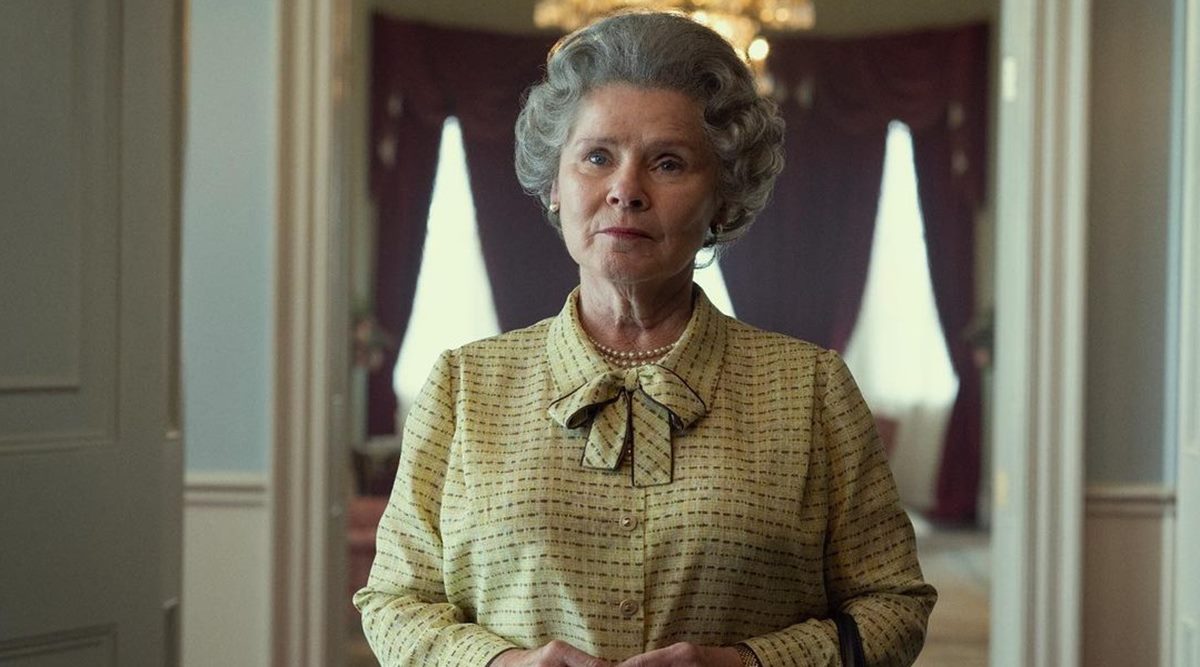Former Pakistan great Wasim Akram has addressed allegations of fixing against himself in his upcoming autobiography — Sultan – A Memoir.
Shedding light on one of the darkest chapters in his life, Akram, in a conversation with the Guardian, said: “It was tough to revisit those moments in my life – the betrayal, the tragedies – but the reason for doing the book wasn’t money.”
“I probably wanted to forget. I’ve been diabetic for 25 years and didn’t want the stress. But my sons are 25 and 21, my younger daughter is almost 18, and it’s my story for them. And my [second] wife, Shaniera. They all wanted to know what happened, my side of the story, because they have heard stuff about me.
“People may talk about Wasim Akram, one of the best left-armers, Pakistan and Lancashire etc, and that’s how I’m generally seen by you guys in the UK. But in Pakistan, the rumours persist – ‘he’s a match-fixer’ – and that hurts a lot.”
When asked if he knew or suspected games had been fixed, Akram said: “You would hear things. I just used to ask: ‘How is this possible? I don’t believe it. Why would we do such a thing?’ Everyone was panicky and playing for themselves. It was a horrible time, no one trusted each other.”
Among the accusations, Akram allegedly tried to fix a one-day international against New Zealand in Christchurch in 1994.
Further, there were suspicions raised about his withdrawal ( citing injury ) from the 1996 World Cup quarter-final against India in Bangalore.
Wasim Akram admits to cocaine addiction post retirement
Akram admitted to drug addiction for the first time in his new autobiography titled – Sultan: A Memoir.
Akram, 56, said that said he began using cocaine while working as a television pundit around the world.
“The culture of fame in south Asia is all-consuming, seductive and corrupting,” he told the Times.
“It started innocuously enough when I was offered a line at a party in England; my use grew steadily more serious, to the point that I felt I needed it to function.
However, he finally came out of it following the death of his first wife.
“Huma eventually found me out, discovering a packet of cocaine in my wallet . . . ‘You need help.’ I agreed.
“Huma, I know, was often lonely in this time, she would talk of her desire to move to Karachi, to be nearer her parents and siblings. I was reluctant.
“Why? Partly because I liked going to Karachi on my own, pretending it was work when it was actually about partying, often for days at a time.”
“Huma’s last selfless, unconscious act was curing me of my drug problem. That way of life was over, and I have never looked back.”





